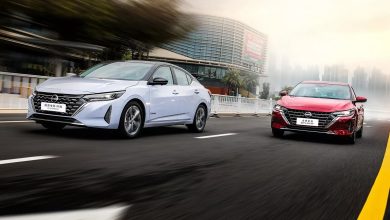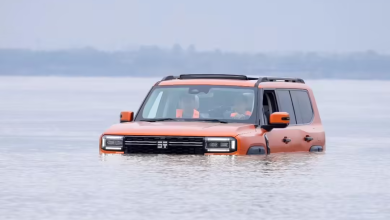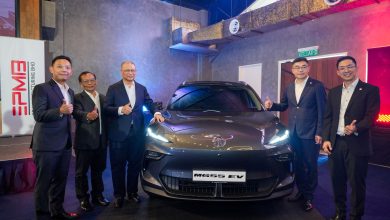Coronavirus is accelerating a future with autonomous vehicles
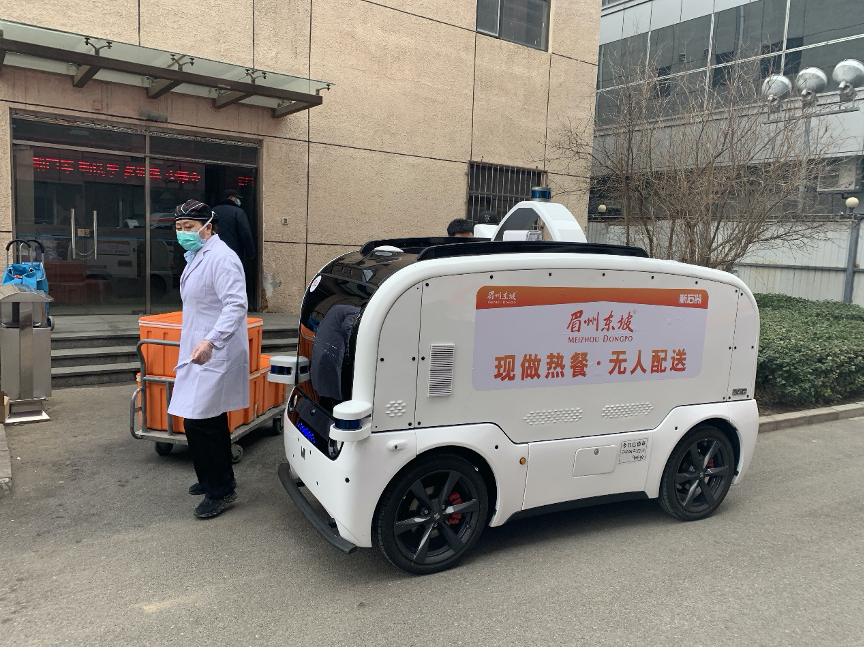
Countries around the world have responded to the covid-19 coronavirus with lockdowns, restrictions, and technology solutions that use artificial intelligence to combat the virus. As the world begins to emerge from the pandemic, China is first to emerge from covid-19 imposed lockdowns thanks to cutting-edge future technology, with autonomous vehicles and smart cities seeing an acceleration during this time.
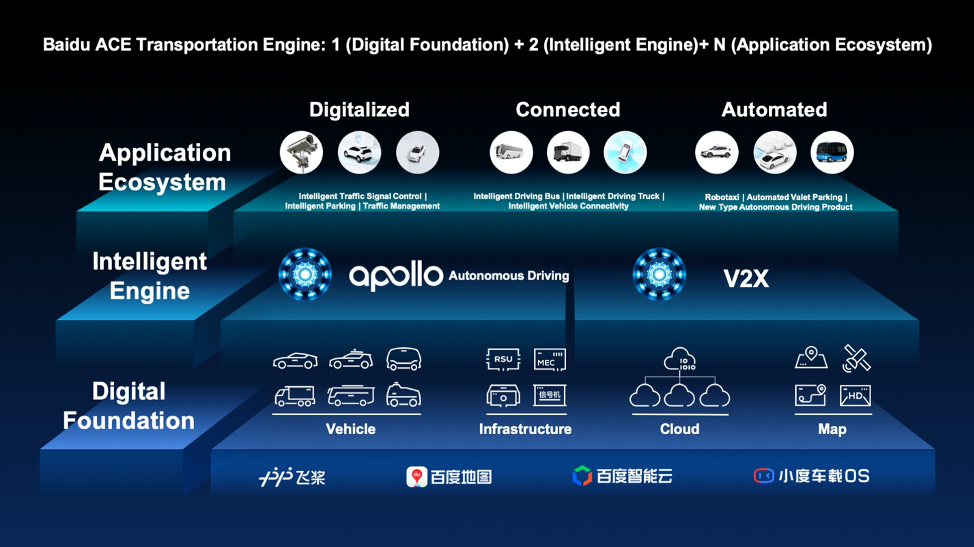
In China, new opportunities for the autonomous driving industry and intelligent solutions have stood out. Restrictions on retail, dining, and everyday life during the outbreak have increased demand for driverless deliveries and non-contact operations, both heavily relying on autonomous driving technologies.
How autonomous vehicles are being leveraged to fight the pandemic
As the outbreak progresses, all sectors of Chinese society continue to apply AI, big data capabilities, and robot services to prevent and control the coronavirus.
Autonomous driving has also proved to be essential in the fight against the pandemic, easing the burden of covid-19 by transporting necessary medical supplies and food to health-care professionals and the public in infected areas and disinfecting hospitals and public surfaces to reduce the spread of coronavirus.
“Having been through the pandemic and supported the front line, we realize ‘automation’ and ‘intelligence’ are the best solutions for humans to respond to large-scale emergencies,” said Zhenyu Li, corporate vice president and general manager of the Baidu Intelligent Driving Group.
Baidu, one of the leaders in autonomous vehicle future technology, has released 104 driverless vehicles in 17 cities across the country. These autonomous vehicles are helping carry out frontline anti-epidemic work such as cleaning, disinfecting, logistics, and transportation with support from partner companies.
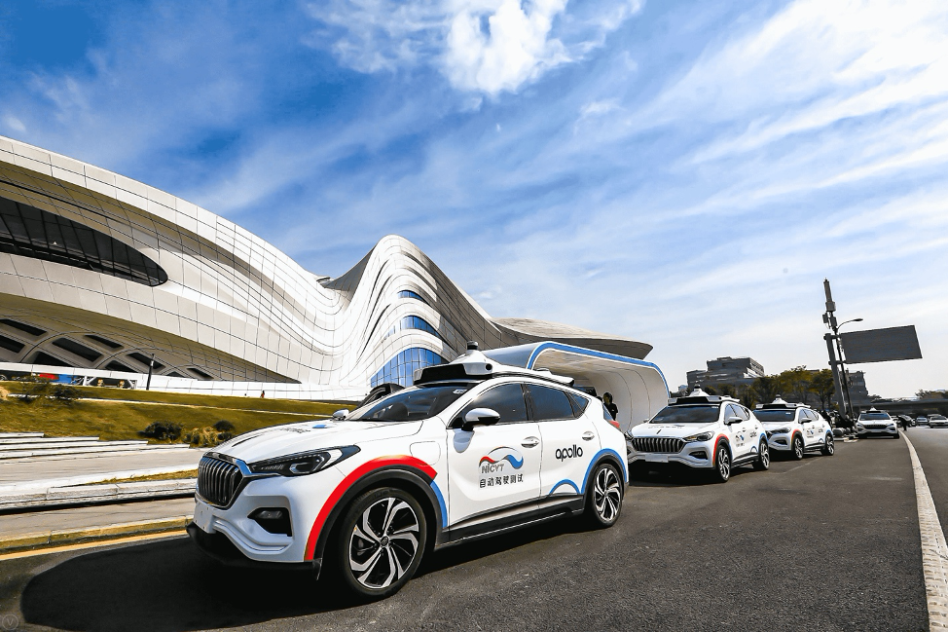
Apollo, Baidu’s autonomous vehicle platform, partnered with Neolix, a local self-driving startup, to deliver food and supplies to the Beijing Haidian Hospital. Together, Apollo and Neolix provided daily food deliveries that help feed over 100 frontline staff members who were treating a growing patient base.
Additionally, Apollo and Neolix deployed unmanned vehicles daily to disinfect all roads on Shanghai Zhangjiang Artificial Intelligence Island. These future looking unmanned vehicles can carry out a full range of disinfectant operations and cover the entire surface of a road. When the vehicle’s self-propelled spray disinfection mode is activated, it can fully cover the island’s roads in about half an hour, three times a day. The vehicle’s trolley can be loaded with 160 liters of disinfectant.
Simultaneously, the vehicle can serve as a night-time security robot and create alerts about those who are disregarding the coronavirus prevention guidelines, such as not wearing masks or gathering in large crowds.
Apollo also partnered with iDriverPlus to provide autonomous vehicles to 16 hospitals for covid-19 treatments nationwide. Each hospital is being supported with one or two disinfectant and delivery vehicles, aiming to minimize person-to-person transmission and alleviate the shortage of medical staff. Driverless cleaning and disinfection vehicles are operating in the Huashan Hospital, affiliated with the Shanghai Medical College of Fudan University, and The Eye, Ear, Nose, and Throat Hospital of Fudan University. These initiatives are being provided for free until the pandemic subsides.
Baidu’s Apollo has also made its low-speed driverless micro-car kits and autonomous driving cloud services available at no charge to companies that are dedicated to fighting covid-19.
While Apollo’s autonomous vehicles have not focused on transporting passengers during the outbreak, Baidu is accelerating its plans to fuse its technology into people’s everyday lives. Starting, last April 19, 2020, the company opened the Baidu Apollo Robotaxi service in Changsha, the capital city of Hunan Province. Robotaxis provide free rides to passengers across an area of 130 square kilometers. The services cover residential and commercial leisure areas, as well as industrial parks.

